Tips for Improving Quality of Life for Seniors: The Secrets of Healthy Eating

Want to boost the quality of life for seniors through diet? As we age, what we eat becomes even more important. Proper nutrition not only improves health but also enhances overall well-being. In this article, we'll explore the nutritional needs of seniors, introduce foods that boost immunity and energy, and offer simple eating tips. With the right diet, we can prevent chronic diseases and increase daily energy. Let's uncover the secrets of healthy eating!

1.Maintain a Balanced Diet
A balanced diet is crucial for good health. It ensures the body gets all the nutrients it needs.For seniors, these foods are especially important:
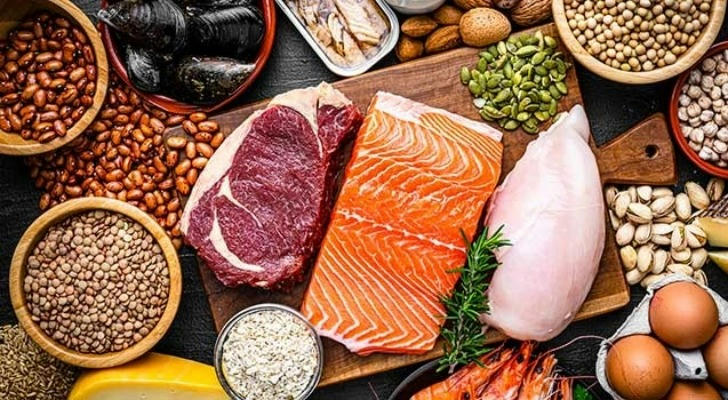
Protein: Helps maintain muscle strength as we age. Good sources include lean meats (like chicken and beef), fish (like salmon and cod), beans (like black beans and chickpeas), and dairy products (like milk and yogurt).
Healthy Fats: Beneficial for heart health. Choose foods like fish oil (especially fish rich in Omega-3s), nuts (like almonds, walnuts, and cashews), seeds (like flaxseeds and chia seeds), and olive oil. These fats help lower cholesterol and reduce heart disease risk.
Complex Carbohydrates: Provide steady energy and help control blood sugar. Opt for whole grains (like oatmeal, whole wheat bread, and brown rice), fresh fruits (like apples, oranges, and berries), and vegetables (like carrots, spinach, and broccoli). These foods help maintain stable blood sugar levels and provide lasting energy.
2.Increase Fiber Intake
Fiber is important for digestive health and can help prevent constipation. Seniors should aim for 25 to 30 grams of fiber daily. High-fiber foods also help with weight management and lower heart disease risk. Choose whole grains (like whole wheat bread and oatmeal), beans (like black beans and red beans), fresh fruits (like pears and berries), and vegetables (like leafy greens and carrots).
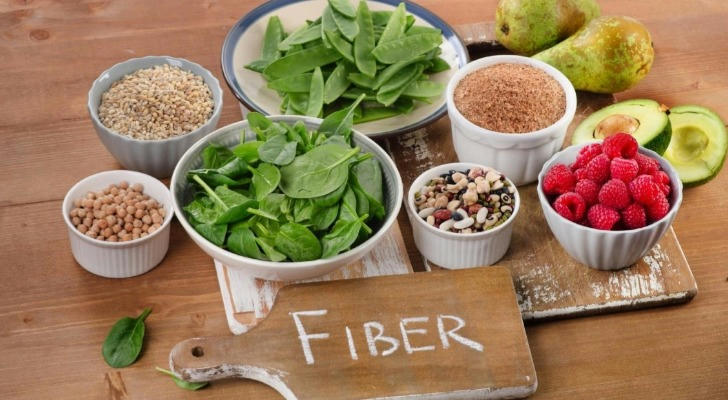
3.Stay Hydrated
As we age, our body’s water content and thirst can decrease, but staying hydrated is still important. Water supports normal body functions and prevents dehydration. Seniors should drink about 8 cups of water a day. Avoid too many sugary drinks and caffeine, as they can cause dehydration. Choose water, unsweetened beverages, and antioxidant-rich teas to stay hydrated and support health.

4.Limit Salt and Sugar
Too much salt and sugar can lead to high blood pressure, diabetes, and heart disease. Seniors should reduce processed foods, which often contain high amounts of salt and sugar. Cooking at home with fresh ingredients allows better control over what we eat. Use herbs and spices for flavor instead of salt, and reduce sugar intake or use natural sweeteners.
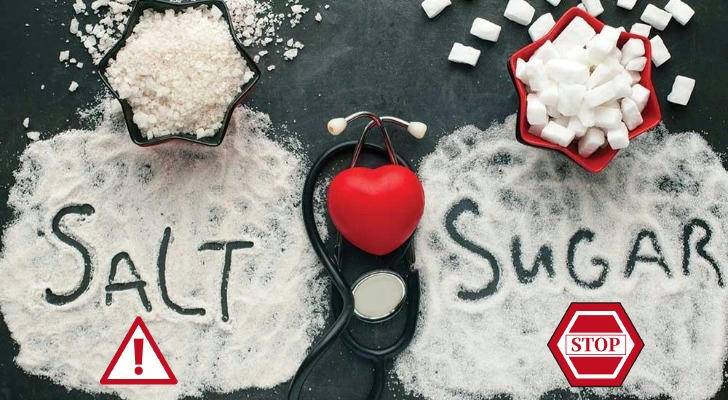
5.Incorporate Antioxidant-Rich Foods
Antioxidants help protect the body from damage caused by free radicals and can support overall health.Seniors should include these foods in their diet to boost immune function and reduce inflammation:
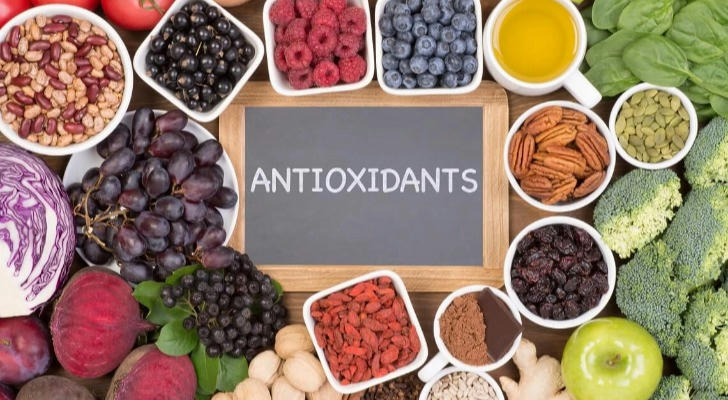
Berries: Blueberries, strawberries, and raspberries are rich in antioxidants like flavonoids that support brain health and reduce inflammation.
Leafy Greens: Spinach, kale, and Swiss chard provide essential vitamins and antioxidants that promote heart health and lower the risk of chronic diseases.
Nuts and Seeds: Almonds, walnuts, and chia seeds contain antioxidants and healthy fats that help protect against heart disease and support cognitive function.
Brightly Colored Vegetables: Bell peppers, carrots, and tomatoes are high in vitamins A and C, which help strengthen the immune system and maintain skin health.
6.Eat Regularly
Regular meals help keep blood sugar levels stable and manage weight. Seniors should avoid skipping meals, as irregular eating can lead to blood sugar swings, energy drops, and overeating. Eat three meals a day plus healthy snacks, and keep your diet varied and balanced. Regular eating habits help maintain a healthy weight and keep energy levels up.

7.Get Key Vitamins and Minerals
As we age, our need for certain vitamins and minerals increases.Seniors should pay attention to:
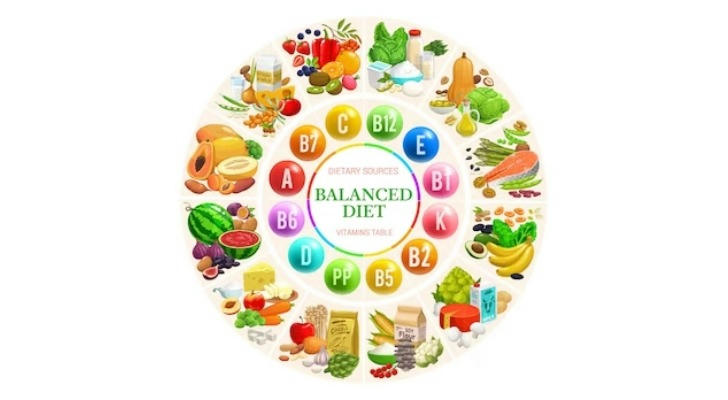
Calcium: Important for bone health. Lack of calcium can lead to osteoporosis. Get calcium from milk, cheese, yogurt, leafy greens (like kale and spinach), and fortified foods.
Vitamin D: Helps the body absorb calcium and supports bone health. Get Vitamin D from sunlight, fish (like salmon and mackerel), and fortified foods.
Vitamin B12: Important for the nervous system. Seniors may have trouble absorbing Vitamin B12. Increase intake with red meat, fish, eggs, and dairy products, or consider supplements.
8.Limit Alcohol Intake
Moderate or avoid alcohol to stay healthier. Excessive drinking can damage the liver and increase the risk of falls and other health issues. Limit alcohol to two times a week. Opt for non-alcoholic beverages and antioxidant-rich teas as healthy alternatives.

As we move into our later years, maintaining a healthy diet becomes essential. By eating a balanced mix of proteins, healthy fats, and complex carbohydrates, and by increasing fiber intake and staying hydrated, we can boost our overall health and enjoy a higher quality of life. Eating antioxidant-rich foods and getting key vitamins can help support heart health and bone strength, while regular meals and cutting back on salt and sugar help keep blood sugar levels steady and prevent chronic diseases. No matter what stage of life we're in, paying attention to our diet and making positive lifestyle changes will pave the way for a healthier, happier future. Let’s start today by making smart food choices and embracing a healthy lifestyle, for ourselves and our loved ones, and look forward to a brighter tomorrow.
